Been told your cholesterol levels are too high? Want to lower your cholesterol, but can’t seem to get your binge or emotional eating under control?
Every time you try to eat healthily, you fall off the bandwagon?!
Don’t worry. You’re not alone. This is very common.
Binge and emotional eating are closely connected with high cholesterol levels. And understanding how to navigate both of these things can be a game-changer for your health.
As a dietitian and nutritionist, who has recovered from a severe binge eating disorder – and who has a family history of heart disease – I’m perfectly placed to help you lower your cholesterol levels and stop binge eating for good.
How binge eating affects your cholesterol levels
Binge eating is when you eat large amounts of food in a short period. Typical binge foods include chocolate, chips, pizza, cookies, ice cream, and fried foods.
And wating too much of these foods in high amounts can raise LDL cholesterol, commonly known as the “bad” cholesterol.
(NOTE: It’s also very common to binge on ‘healthy’ foods too like cereal, yoghurt, bread, fruit etc. While these will have less of an impact on your heart health, they’ll probably make managing your weight sooooooo hard).
You’ve probably been told by your doctor to “clean up your diet” and tried very hard to avoid these foods. But all that’s done is make you crave them even more.
Is this you?
- You hide empty wrappers because you’re so ashamed of your binge eating
- You’ll eat healthily in front of others but wait till no one is home to binge
- You have a family history of heart disease or your doctor is worried about your heart health
- You feel like your weight is holding you back
If this sounds familiar, here’s what I want you to know: You don’t need to follow a strict meal plan that only consists of vegetables and steamed chicken breast to lower your cholesterol levels. Or completely avoid all the foods you feel most out of control with (yes, that includes chocolate!).
Here are 4 ways to help lower your cholesterol and manage binge eating, without dieting (from a specialist dietitian):
1. Stop avoiding “bad” foods
It might seem counterintuitive, but avoiding ‘bad’ foods, especially in front of other people, will only cause you to binge on them later in private.
I get what you might be thinking, “Aren’t these the very foods that raise my cholesterol?”
Yes… but here’s what I need you to know: when you ‘try to be good’ and avoid fattening or ‘bad’ foods, you’re only setting yourself up for more emotional and binge eating.
So, to stop emotional eating, give yourself permission to eat your ‘bad’ or ‘forbidden’ foods in public.
That means order the chocolate croissant at a café, say yes to the dessert after dinner, order the burger instead of the salad if that’s what you actually feel like. Normalising your ‘forbidden’ foods will help build food trust. Which is an ESSENTIAL step for overcoming binge and emotional eating.
This might feel like incredibly scary advice… And perhaps you feel it’ll lead to more binge eating. Doing this strategy along with intuitive eating principles (something I can teach you about) is essential.
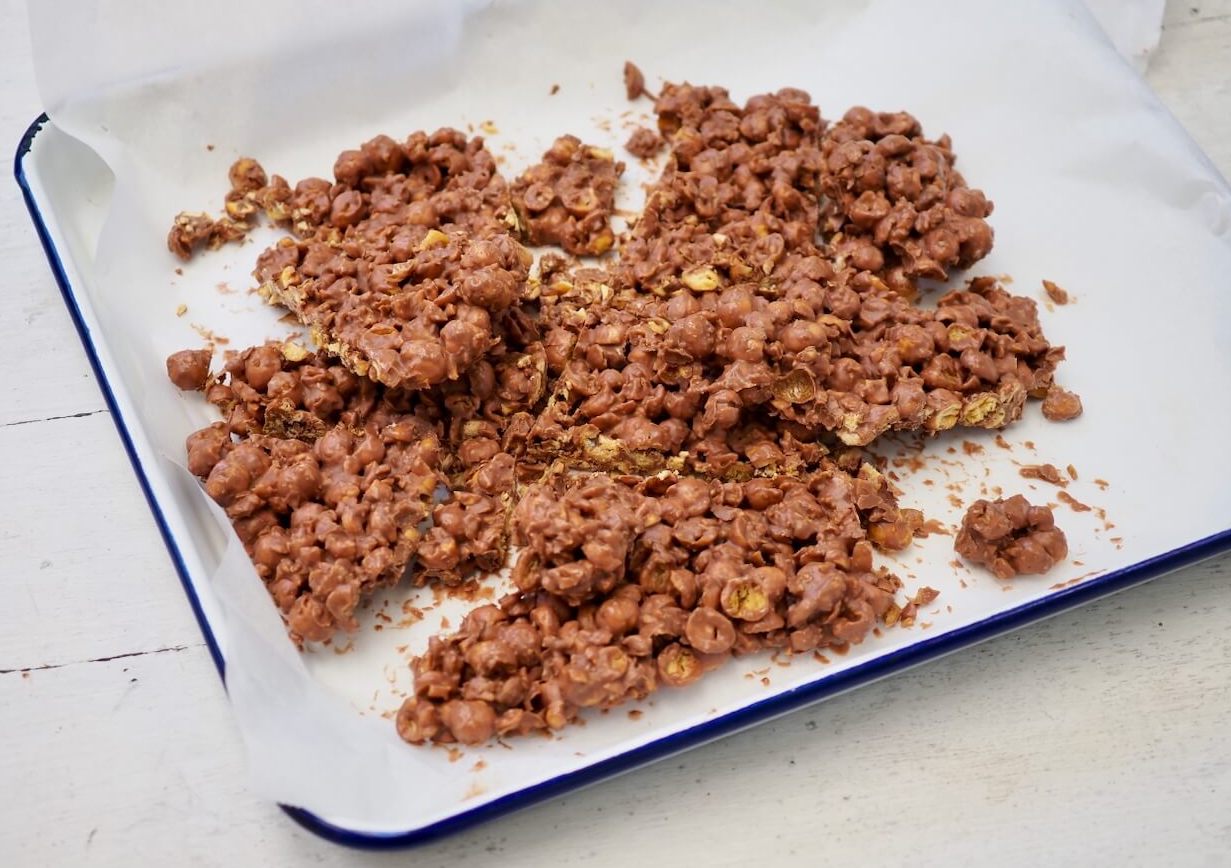
2. Practice ‘crowding’
Instead of focusing on what you’re not allowed to eat (which only makes you crave those foods more), focus on what you want to eat more of. Naturally, you crowd out the less healthy options by filling up on plenty of the more nutrient-dense stuff.
Fibre from legumes, vegetables, fruit, nuts, seeds and whole grains are hugely under-rated when it comes to reducing cholesterol levels and looking after your health in general. These are also the very foods that will help you stay fuller for longer. This means you’re far less likely to keep running back to the pantry for 2,167 snacks.
Here are a few ways to practice crowding more heart-healthy foods:
- Break up with nutrition advice that tells you ‘fruit is fattening’
- Add in more tasty ingredients to that vegetables actually taste good (no one wants to eat a sad, dry piece of lettuce).
- Eat legumes, gradually increasing if you’re not used to them to prevent bloating.
- Include whole grains (yes, you’re allowed to eat bread!)
- You’re allowed to eat nuts and seeds – and no, I don’t believe 10 almonds counts as a satisfying snack (unless you’re a baby possum)
- Add in more healthy fats so you actually feel full after you eat (otherwise, you’ll go searching the pantry for calories.
I can teach you how to ‘sacrafice’ calories to ‘save’ calories. In other words, if adding 300 calories to your meals helps you save yourself from a 3,000 calorie binge, you will win the binge and cholesterol game.
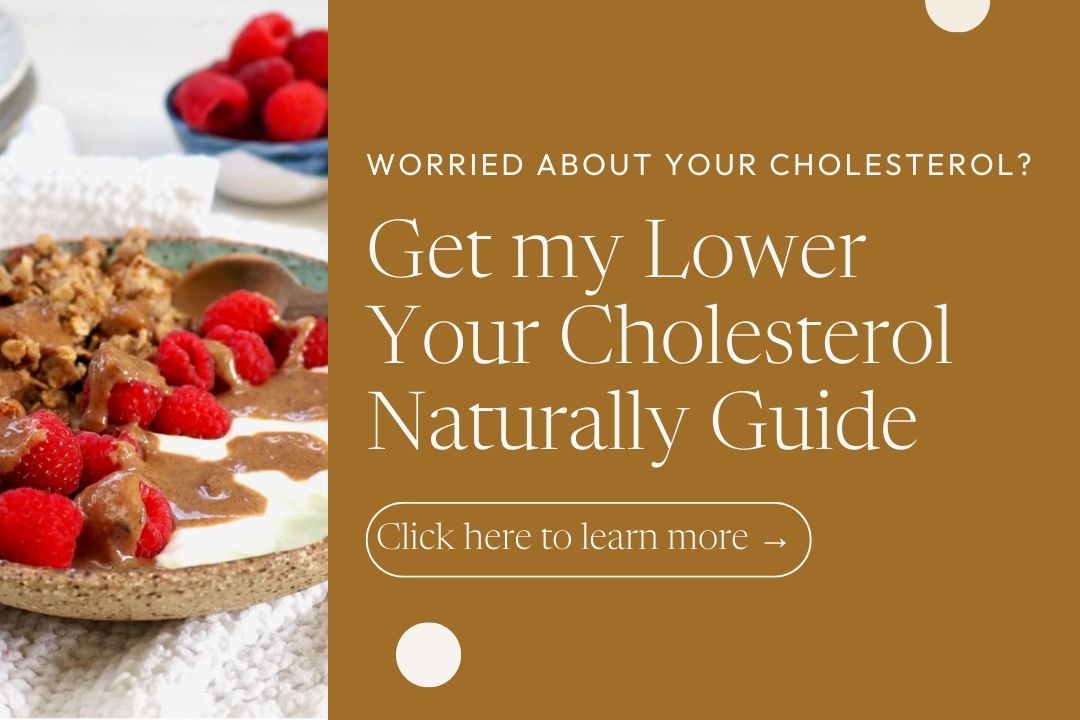
3. Stop weighing yourself
True: Extra weight, especially around the waist, boosts LDL cholesterol.
Also true: Traditional advice to “eat less and exercise more” has failed us. Studies show that 80% of people regain the weight they lose on diets, often gaining more.
Hyper-fixating on your weight is likely making it harder for you to lose weight.
So yes, I know you’d like to shift some pounds but trying to lose weight will likely lead to more binge eating – and more weight gain. That’s why I help my clients do things differently – first we help you get a healthy relationship with food (free from binge eating) while improving health markers like lowering cholesterol. And then finding your happy weight flows on from there.
Cause here’s what you’re probably not being told: even if you’re considered overweight or obese based only on your doctor’s silly BMI chart, making healthier changes can still improve your health, including cholesterol and blood pressure.
So, if you’re looking for a different result, you’ve got to change things up – starting with ditching the scale. And your constant pursuit of weighing less.
This isn’t about ignoring healthy habits or throwing in the towel. It’s about focusing on eating well and exercising for your overall health, not just for a number on the scale. In fact, you might find your heart naturally finds a much healthier set point when you’re no longer obsessing over it.
Instead of weighing yourself, start measuring your success by how you feel, your energy levels, digestion, blood results, and mood. These are much better indicators of progress than a number that doesn’t truly reflect your health. I can teach you how.
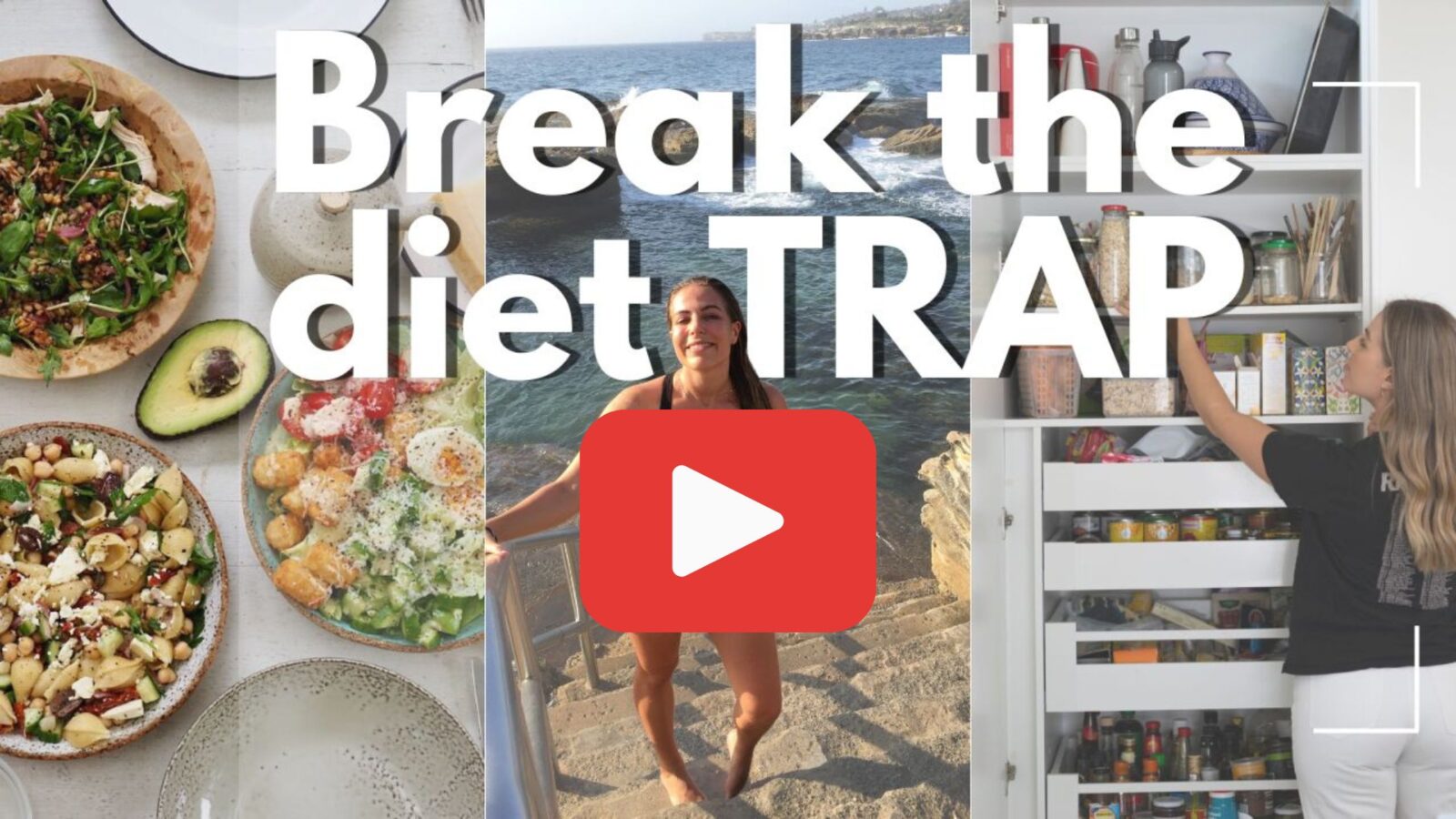
4. Swap guilt for curiosity
A binge isn’t a failure – it’s just your body’s way of grabbing your attention and sending you a message.
Feeling guilty, angry, and vowing to “do better tomorrow” only sets you up for more restrictions and eventually, another binge.
Instead of fighting with your body, tune in to what it’s trying to tell you. Understanding your triggers is key to overcoming emotional and binge eating.
Ask yourself: What set off this binge? Were you exhausted? Feeling too restricted? Did it happen out of habit, or did something someone said affect you?
Tuning in with your body also means noticing how you feel after eating certain foods. For example, you might notice that eating chicken nuggets and chips for dinner leaves you feeling bloated and ‘meh’. Whereas if you eat a veggie stir-fry with noodles, tofu, or chicken and a yummy satay sauce, you might find that you feel satisfied and fuller for longer, without that icky-bloated feeling.
As you start listening to your body, you might find yourself naturally gravitating towards making heart-healthy choices. Like preparing balanced meals with veggies, healthy fats, protein, and carbs that satisfy you. Or go on a walk to clear your head instead of reaching for a packet of cookies first.
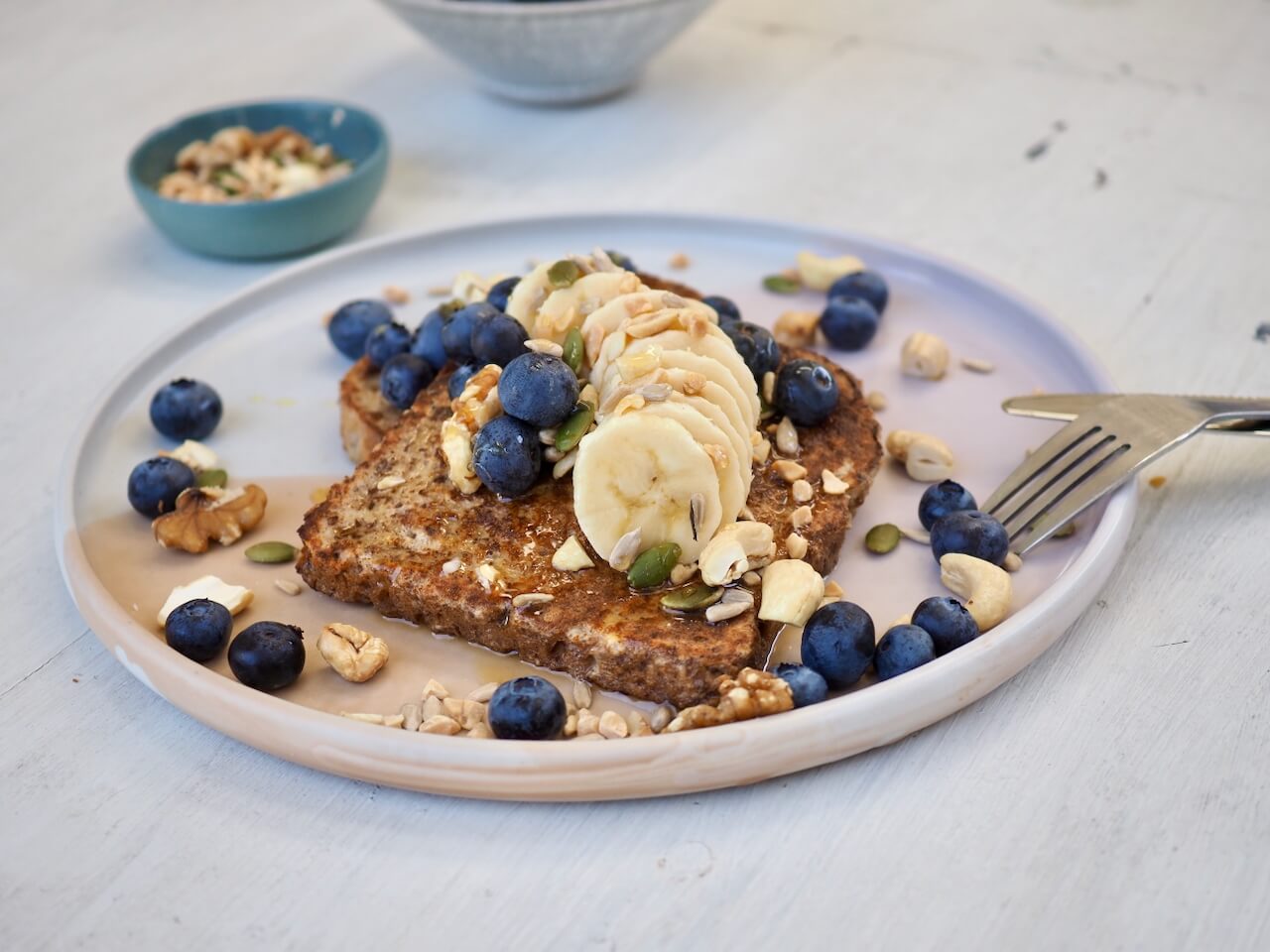
And when you tune into your hunger and eat appropriately, your body will instinctively let you know when it is time to stop eating. This is where The Hunger Scale is a simple tool that can help you work out just how hungry you are. Ranking your hunger on a scale from 0-10 before and after you eat, can help you better respond to your appetite and be an intuitive eater.
Practice asking yourself “Am I hungry?” before eating. You won’t get it spot-on every time (especially if you’ve been dieting), but it gets easier with practice. Pinky promise!
So, where do you go from here?
If you’d love to know EXACTLY which products to buy from the shops and get a simple and clear plan that spells out exactly what to eat for better cholesterol (without it being diet-y) – Check out my Cholesterol Lowering Guide.
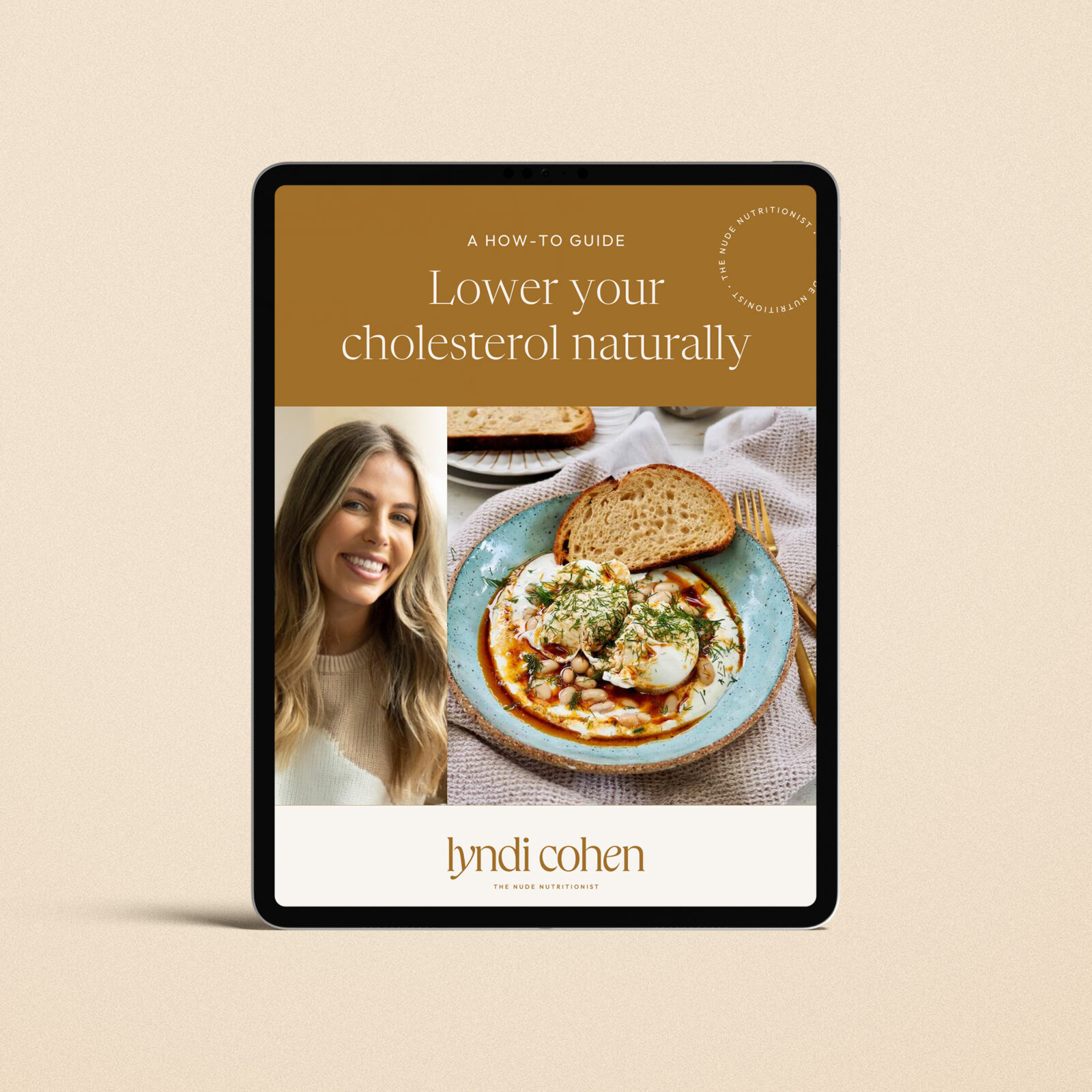
And if you’re looking for more guidance and support to stop binge eating, my Binge Free Academy is a great place to start.
Together, these resources can help you feel normal around food and WOW the socks off your doctor the next time they see you.